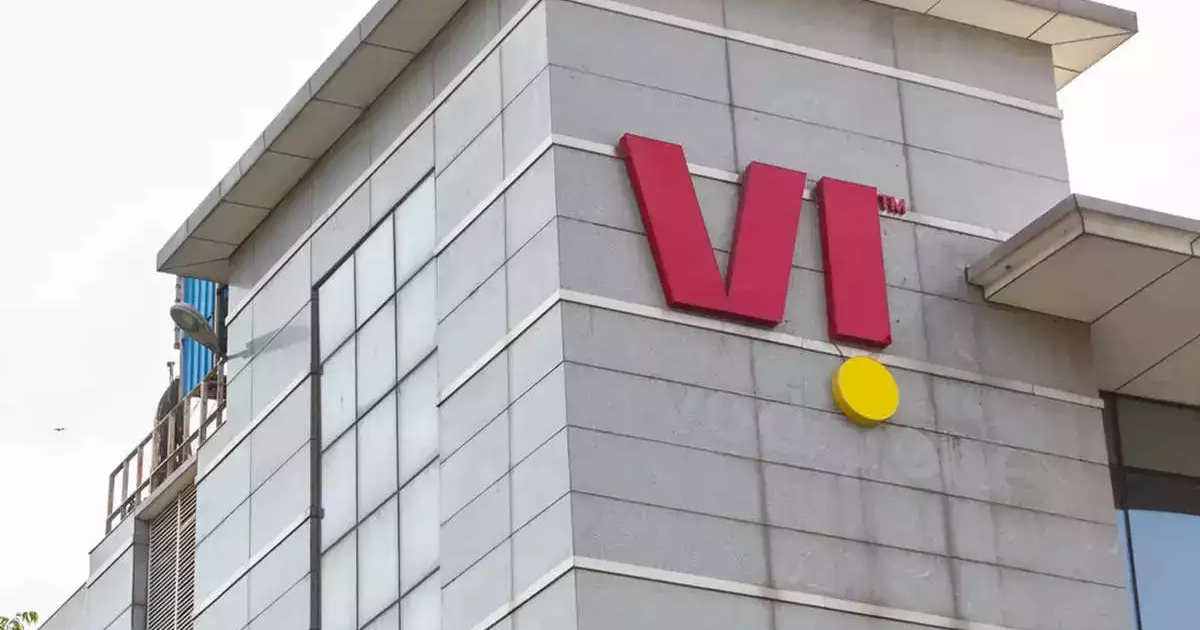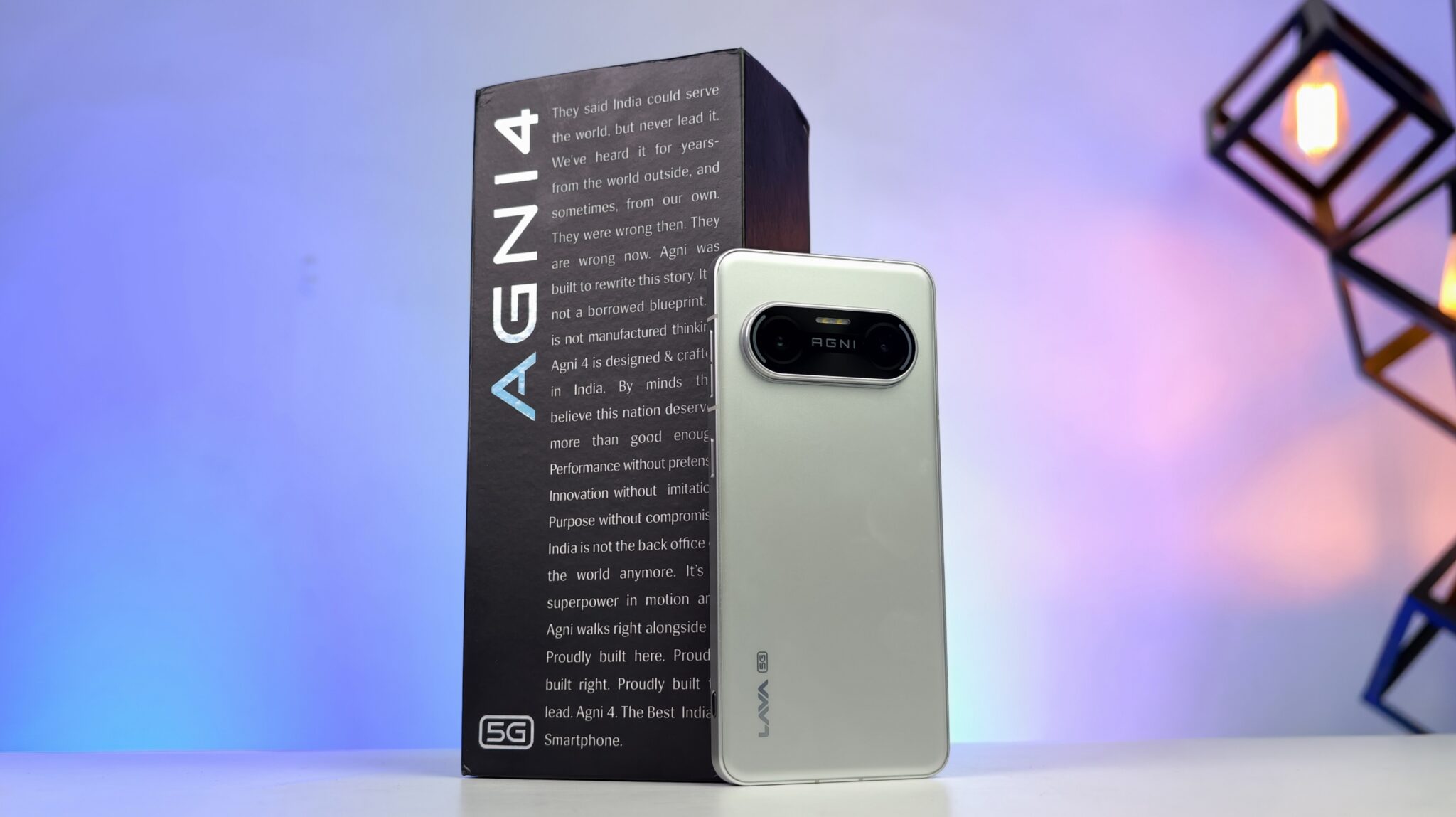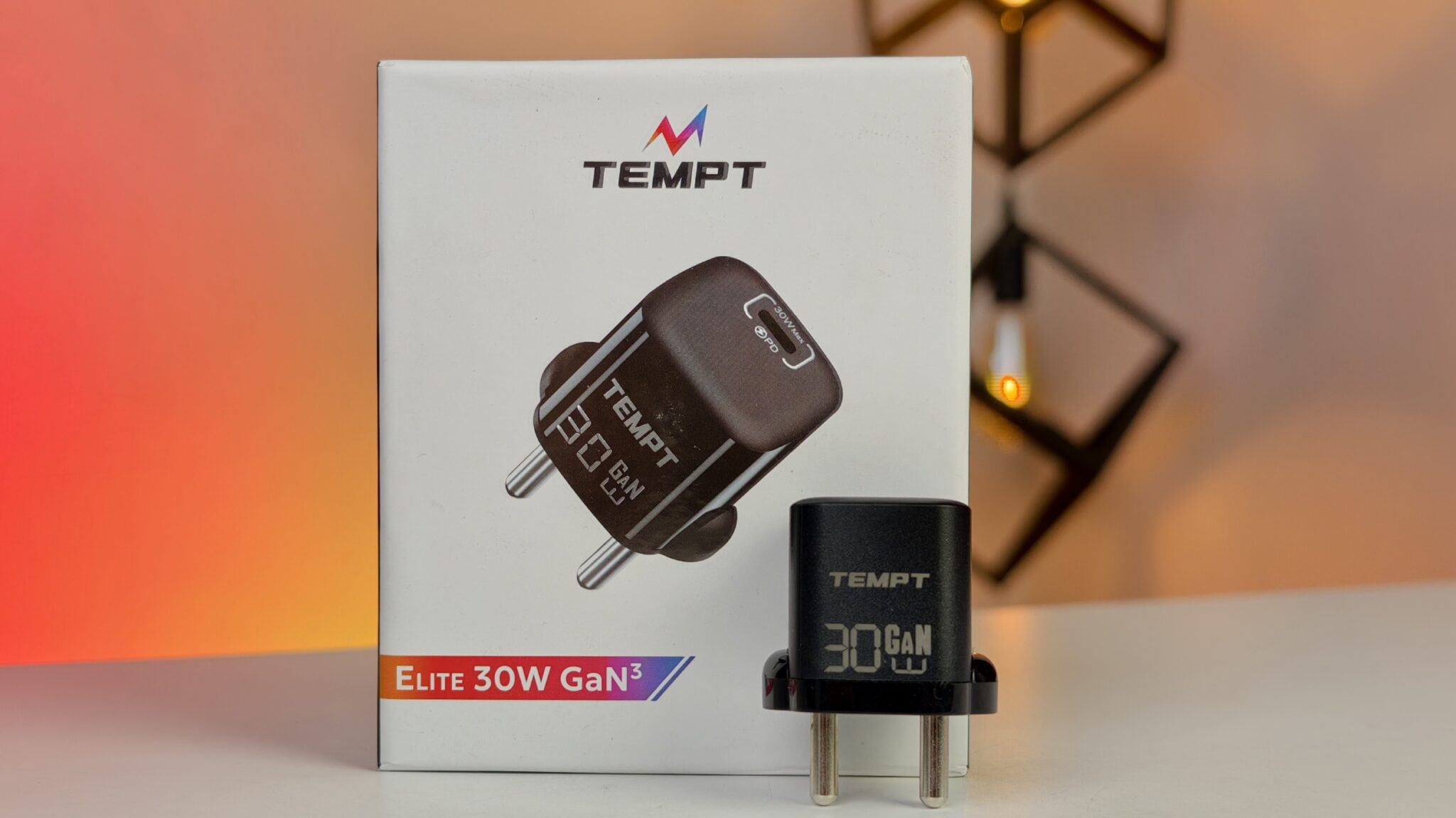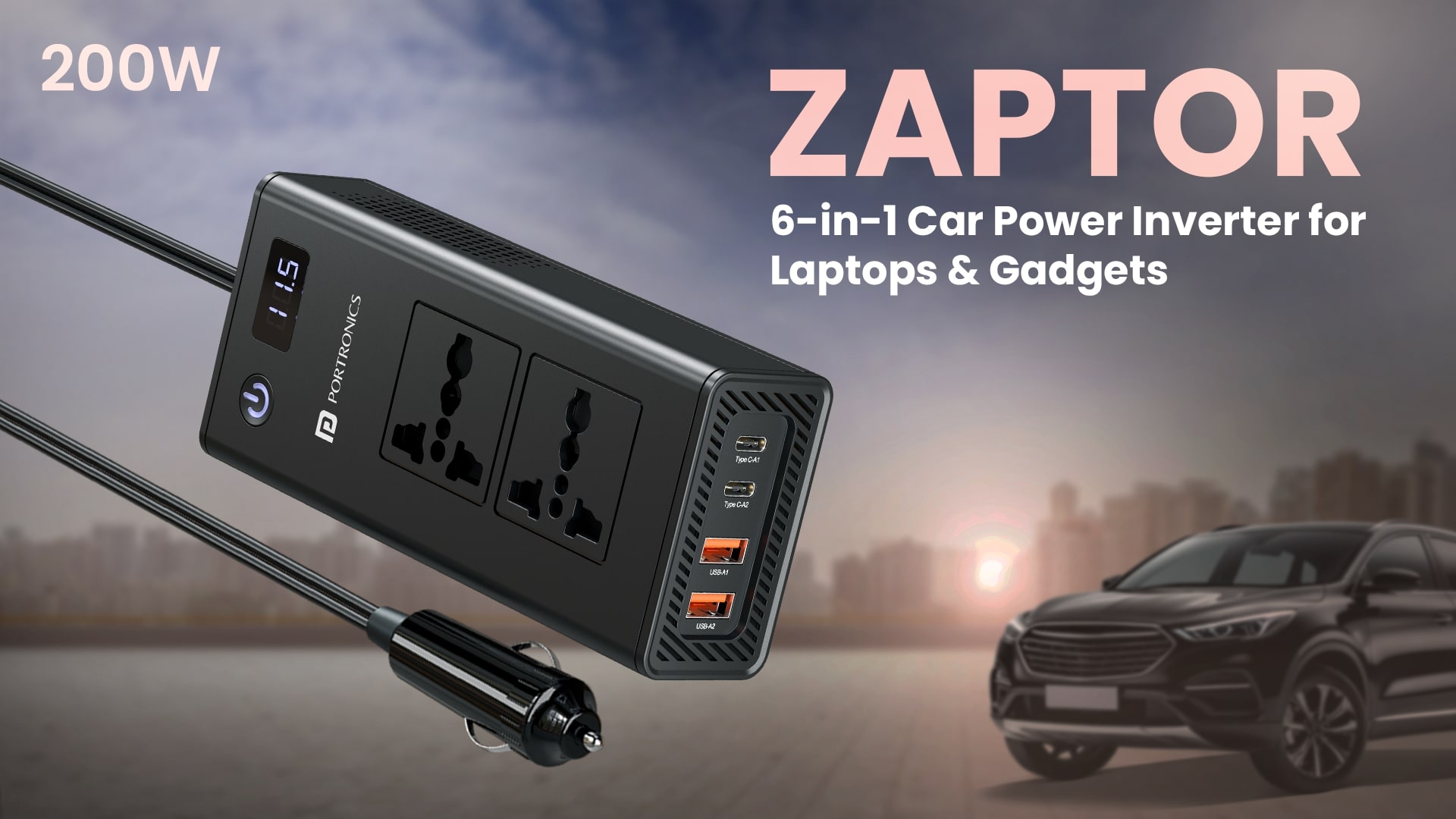Motilal Oswal, a prominent brokerage firm, has issued a firm “Sell” recommendation on Vodafone Idea (VIL) shares, with a target price set at ₹6.5. This rather pessimistic stance stems from ongoing concerns about the telecom company’s shaky financial footing, stiff competition, and the looming burden of Adjusted Gross Revenue (AGR) dues. Their analysis points to some pretty significant hurdles Vodafone Idea must clear to carve out a sustainable future in India’s highly competitive telecom landscape.
A Look at Vodafone Idea’s Current Standing
Vodafone Idea, the third-largest telecom operator in India, continues to wrestle with a tough market environment. Despite recent capital-raising efforts and some slowing of subscriber losses, the company’s financial health feels fragile at best. As of March 31, 2025, Vodafone Idea posted a consolidated net loss of ₹7,166.1 crore in Q4 FY25. While that’s a slight improvement from the ₹7,674.59 crore loss reported a year earlier in the same quarter, it’s notable that the loss widened sequentially from ₹6,609 crore in Q3 FY25.
On the brighter side, revenue from operations inched up 3.8% year-on-year to ₹11,013.5 crore, and the Average Revenue Per User (ARPU) rose to ₹175 from ₹153 a year ago. These bumps were largely driven by tariff hikes and some customer upgrades. Still, the positives are somewhat overshadowed by the fact that Vodafone Idea’s subscriber base shrank further, slipping below 200 million to 198.2 million by March 2025.
Why the ‘Sell’ Call from Motilal Oswal?
Several key factors underpin Motilal Oswal’s cautious stance on Vodafone Idea:
- Heavy Reliance on Debt and Government Support: The brokerage emphasizes that Vodafone Idea’s network investments depend heavily on fresh debt, which itself relies on ongoing AGR relief and government backing. Motilal Oswal estimates the company faces a roughly ₹20,000 crore annual cash shortfall through FY26–31, highlighting serious cash flow concerns.
- Persistent Subscriber Erosion: Though losses have slowed somewhat, Vodafone Idea still lost 1.6 million subscribers in Q4 FY25. While better than the 5 million lost in prior quarters, it’s still troubling. This ongoing customer churn means the company keeps losing market share to well-capitalized rivals Reliance Jio and Bharti Airtel. Motilal Oswal suggests winning back these customers will be a tough ask, given its competitors’ stronger financial muscle.
- Massive Debt and AGR Dues: Vodafone Idea is carrying a mountain of debt. By March 31, 2025, government dues totaled roughly ₹2 trillion—including ₹1.19 trillion in spectrum dues and ₹83,400 crore in AGR dues. Though some of this debt was converted into equity—making the government the largest shareholder at 49%—the moratorium on AGR and spectrum payments ends this September. From March 31, 2026, the company faces annual repayments exceeding ₹18,000 crore for six years straight.
- Uncertainty Over AGR Relief: The Supreme Court recently dismissed Vodafone Idea’s plea for AGR payment waivers. While the court left room for the government to provide relief, a clear path forward remains elusive. This uncertainty weighs heavily on lenders and complicates Vodafone Idea’s access to fresh debt.
- Ambitious Capex Needs: To close the network gap with rivals, Vodafone Idea plans a capital expenditure of ₹50,000–₹55,000 crore over the next two to three years. But funding this crucial upgrade depends on securing debt, which remains difficult due to financial struggles and mounting dues. Though it spent ₹4,230 crore on capex in Q4 FY25—the highest since the merger—this amount barely scratches the surface of what’s needed.
Fundraising Efforts and Their Impact
In an attempt to navigate these challenges, Vodafone Idea has been aggressively pursuing fundraising. The board recently approved plans to raise up to ₹20,000 crore through equity and debt instruments, adding to the roughly ₹61,400 crore raised in FY25—including an ₹18,000 crore follow-on public offer (FPO) and preferential equity issues to promoters.
While these moves provide some short-term relief, analysts warn they only patch the problem temporarily. The fresh capital is crucial for keeping operations afloat and jumpstarting network investments, but the company’s long-term health depends on generating sustainable cash flows, stemming subscriber losses, and settling the AGR issue once and for all. Meanwhile, banks are cautious about extending more credit given the uncertainties.
The Road Ahead for Vodafone Idea
Vodafone Idea’s survival, frankly, depends on several tough but essential steps:
- Debt Restructuring and AGR Relief: Without a clear and substantial resolution on AGR dues, the company’s financial picture looks grim, making it hard to attract further investment.
- Successful Debt Financing: Locking in planned debt funding is critical for financing its capex ambitions—especially for network upgrades and expanding 5G coverage.
- Subscriber Retention and Growth: Stopping subscriber erosion and beginning to attract new customers is vital to improving revenues and market position. That requires better network quality and competitive service offerings.
- Tariff Hikes: Industry experts argue that further tariff increases are probably necessary for telecom companies to earn a fair return on investments and support ongoing capital expenditures.
Motilal Oswal’s outlook, while stark, highlights real concerns about Vodafone Idea’s ability to overcome these structural challenges and remain competitive in India’s telecom market. Their ₹6.5 price target suggests the current share price may still be overly optimistic, given the financial pressures and operational obstacles ahead.
For investors, all eyes will be on whether Vodafone Idea can finally secure concrete debt relief, stabilize its subscriber base, and demonstrate a viable path forward in the coming months.



















